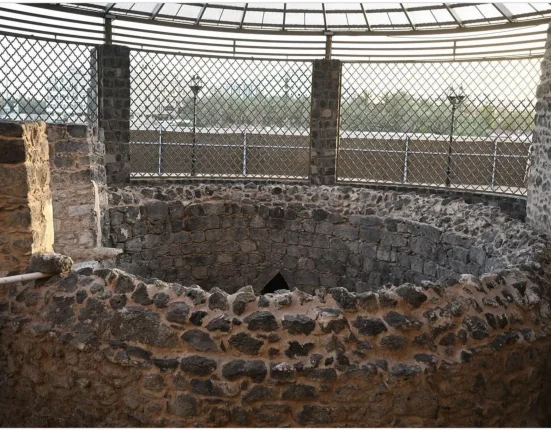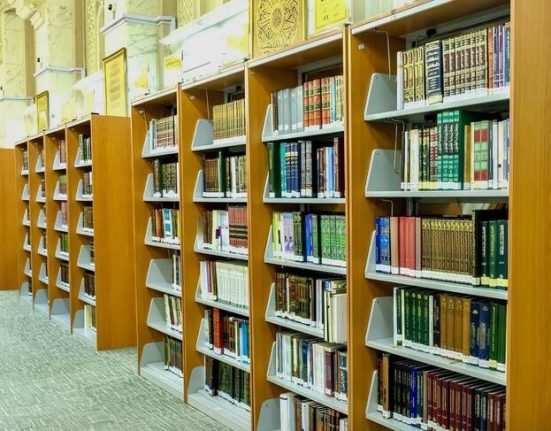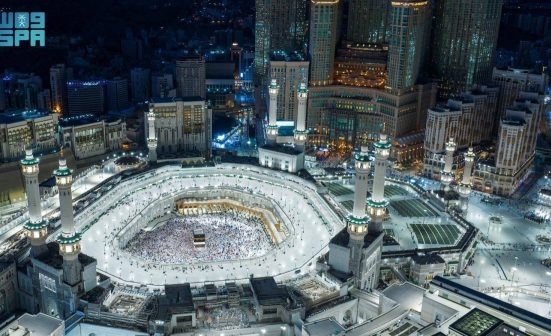In a significant policy move aimed at improving living conditions and enforcing urban standards, the Kingdom of Saudi Arabia has introduced new regulatory guidelines governing group housing arrangements across the country. The directive, issued by the Ministry of Municipal and Rural Affairs and Housing, is expected to redefine how shared residential facilities are managed, particularly in areas with high concentrations of workers and low-income residents.
According to information made available by Saudi authorities, the updated rules are designed to ensure better safety, hygiene, and structural integrity in collective housing setups, which are commonly used by expatriate workers, domestic staff, and labourers in key cities such as Riyadh, Jeddah, Dammam, and Makkah. The regulations stipulate minimum space requirements per occupant, improved ventilation systems, waste disposal protocols, and fire safety standards—all aimed at enhancing quality of life and reducing public health risks.
In line with Vision 2030, the Kingdom’s broader development blueprint, the housing guidelines are also part of efforts to elevate urban planning standards and ensure that accommodation across the board reflects Saudi Arabia’s ambitions for modern, sustainable living. The Ministry stated that the new framework was developed after wide consultations with stakeholders in the construction, real estate, and labour sectors to ensure practicality and enforcement.
Enforcement of the guidelines will be carried out through coordinated inspections by municipal authorities, and non-compliance could result in steep penalties, including fines, closure of facilities, and revocation of operating licenses. Landlords, companies, and housing managers have been urged to regularise their group accommodation structures in line with the new requirements before the grace period elapses.
Observers say the policy marks a proactive step by Saudi authorities to regulate one of the more challenging aspects of urban life in fast-growing cities. With large numbers of migrant workers playing critical roles in the Kingdom’s economic sectors—particularly construction, services, and manufacturing—the need to ensure their housing is safe, humane, and dignified has become increasingly important.
The Ministry further confirmed that awareness campaigns will be rolled out to educate stakeholders about the policy and its implications, while digital platforms have also been activated to simplify the reporting of non-compliant facilities.
The development has drawn attention from local and international observers, including labour rights groups and urban development experts, who have welcomed the move as a sign of Saudi Arabia’s growing focus on social infrastructure. With the Kingdom continuing to attract a diverse workforce to power its ongoing mega-projects and economic reforms, the group housing directive underscores a firm resolve to match growth with responsible urban governance.







